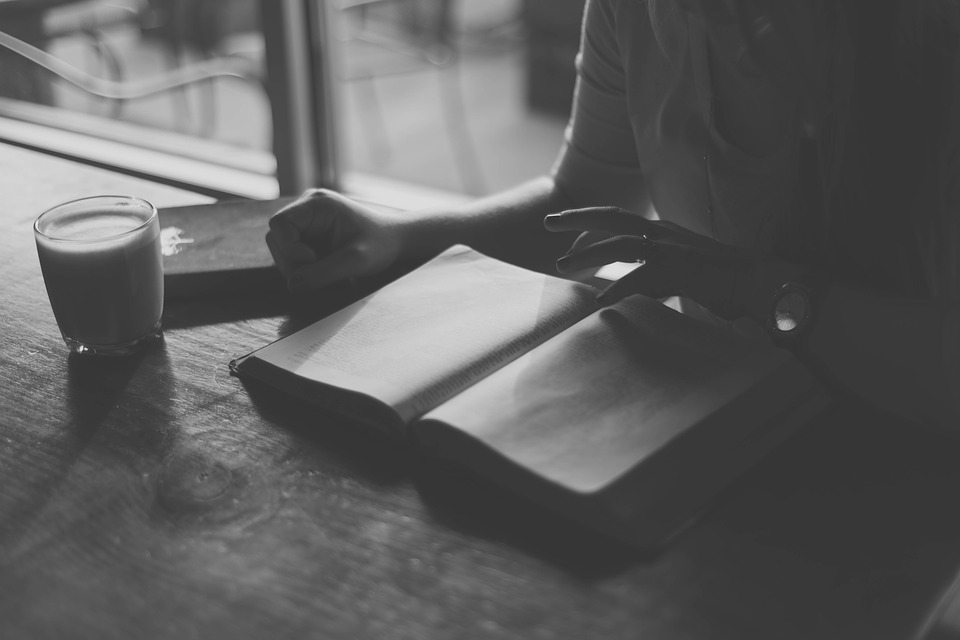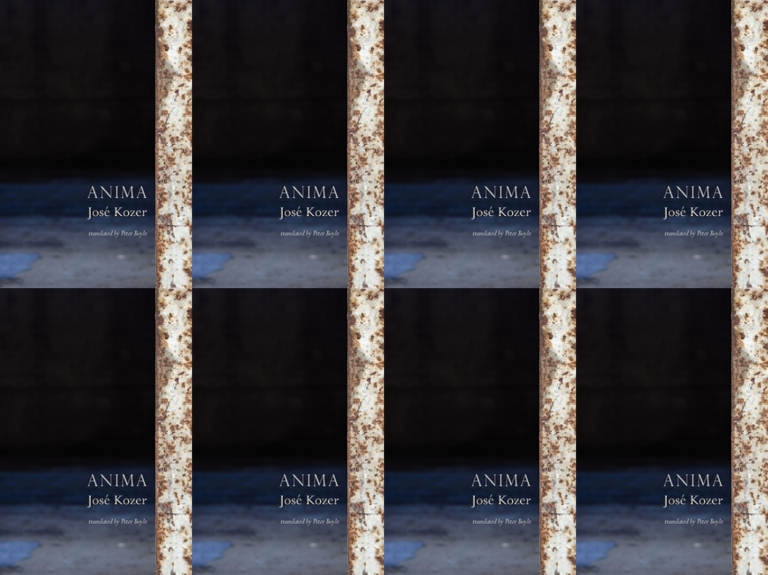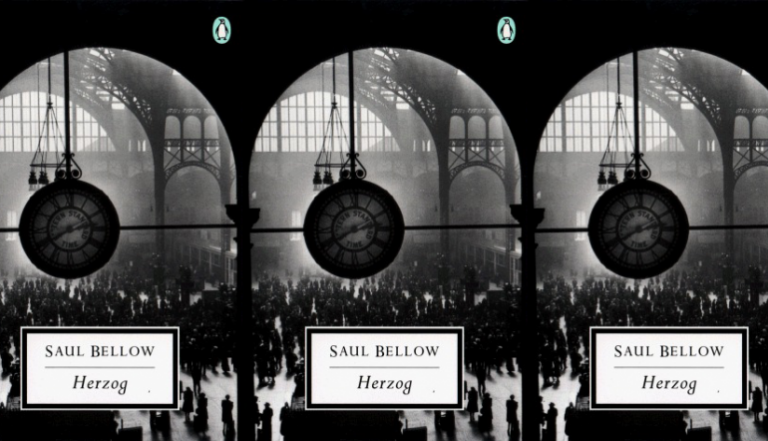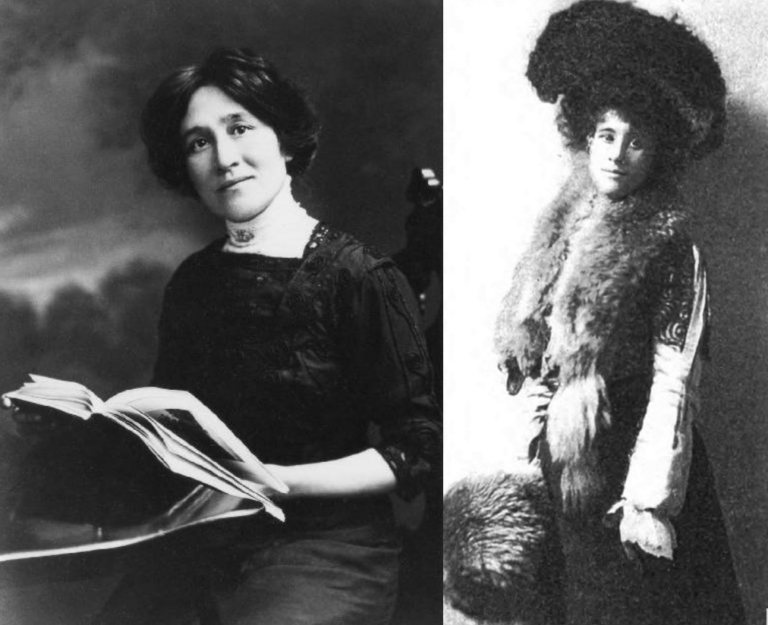On Reading Less

I am one of those readers who keeps track of everything they read. I jot down the title and date when I finish each book, and also record my opinions and observations along the way. At the end of each year, I go over my book list and count how many I managed to finish. In 2014, I read ninety-nine books. In 2015, I read more than one hundred–so that was a great year.
A part of me believed that the amount of books I read revealed whether I’d had a good year, whether I’d done more than I expected or had failed to keep up. Much of reading broadly and well has to do with reading a lot and often. So each year I put pressure on myself to read more than in the years preceding. Like I had this obligation to keep discovering new literature, entering uncharted territories instead of taking shelter in books I already knew and loved.
But recently I’ve been questioning my own ambitions. I’ve realized that it doesn’t matter how many books I read each year. Being well-read is not a destination, it’s not a place where one arrives. Counting how many books one reads is a futile exercise, more interested in the conquest than in the experience.
This year, I’ve read half as much as I usually read, and I don’t feel guilty about it. My goal was to spend more time underneath the surface of each text, to keep extensive notes in the margins, to read my favorite passages out loud, to commit poems to memory. Instead of reading new work, sometimes I made the time to revisit old favorites. There were some weeks when I reread the same few pages over and over again. There were even weeks when I didn’t read at all, when I tried to cleanse my palate. I wanted to deliberately slow myself down as a reader, to dwell on the possibility of each word than on reaching the end of a book.
Of course, some books are meant to be read quickly—like Noemi Jaffe’s What Are the Blind Men Dreaming? and Max Porter’s Grief Is the Thing with Feathers, which I read in one sitting. But there are also books that can’t be read in a hurry, that require even closer attention. My apartment is cluttered with half-read books like these, some of which I’ll still be reading for months to come. I have pieces of paper sticking out of Czesław Miłosz’s Selected Essays, Renata Adler’s Speedboat, and Robert Fagles’s translation of The Odyssey. I’ve already lost my place in Bachelard’s Poetics of Space, which I’ve been reading since June.
Now that I’ve thrown the cult of efficiency out the window, I get to read more deeply rather than faster. I get to hang out with language and not count this as a great achievement. I get to spend time with books rather than to simply collect their titles. Instead of beginning a book at the wrong end, I’ve been learning to let the text dictate how it needs to be read.


